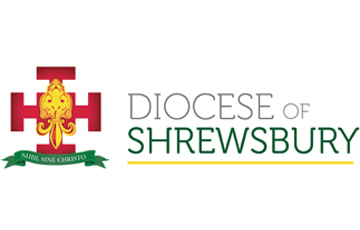Science
Intent
At St Benedict’s Catholic Primary School our vision is to give children a Science curriculum which enables them to explore and discover the world around them, confidently, so that they have a deeper understanding of the world we live in. We place a strong focus on developing and extending children’s working scientifically skills. To achieve this vision we include exciting, practical hands on experiences that encourage curiosity and questioning.
Our aim is that these stimulating and challenging experiences help children secure and extend their scientific knowledge and vocabulary. We empower children to act, think and undertake learning as a scientist might to ensure that learning is purposeful and engaging.
Implementation
In key stage 1, pupils learn through experience and observation, looking more closely at the natural and humanlyconstructed world around them. We encourage all children to be curious and ask questions about what they notice, developing their understanding of scientific ideas to answer their own questions, including observing changes, noticing patterns, grouping and classifying things and carrying out simple comparative tests. Most of the learning is based on first-hand practical experiences but some knowledge is sublimated by books, photographs and videos.
In lower key stage 2 pupils broaden their scientific view of the world around them by exploring, testing and developing ideas about everyday phenomena and the relationships between living things and familiar environments, and by beginning to develop their ideas about functions, relationships and interactions. They ask their own questions and make some decisions about types of scientific enquiry. They observe changes, noticing patterns, grouping and classifying things, carrying out simple comparative and fair tests. They draw conclusions and use some scientific language, first, to talk about and, later, to write about what they have found out.
In upper key stage 2 pupils develop a deeper understanding of a wide range of scientific ideas; through exploring and talking about their ideas; asking questions; and analysing functions, relationships and interactions more systematically. The children encounter more abstract ideas and begin to recognise how these ideas help them to understand and predict how the world operates. They also begin to recognise that scientific ideas change and develop over time. They select the most appropriate ways to answer science questions using different types of scientific enquiry, drawing conclusions based on their data and observations, use evidence to justify their ideas, and use their scientific knowledge and understanding to explain their findings.
Impact
This curriculum results in a fun, engaging, high-quality science education, that provides children with the foundations and knowledge for understanding the world. Children will have the understanding that science has changed our lives, and this it is vital to the world’s future. All children will feel they are scientists and some may wish to have a future career in science.
 St Benedict's
St Benedict's

